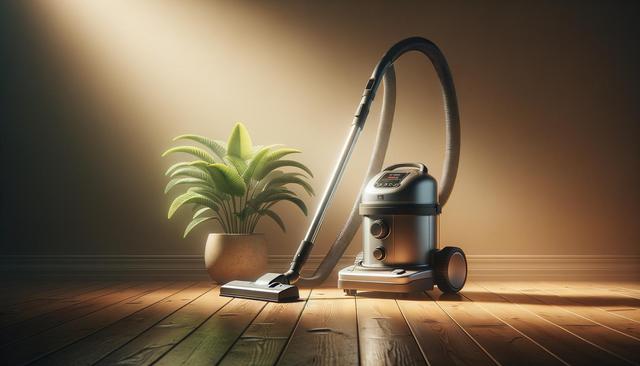The Importance of Quality Sleep
Sleep plays a vital role in maintaining both physical and mental health. A consistent lack of rest can weaken the immune system, reduce cognitive performance, and increase the risk of chronic conditions such as heart disease or diabetes. While many turn to prescription medications for help, an increasing number of people are looking into how to fall asleep faster without medication. Natural sleep aids and improved sleep hygiene can offer a safer, sustainable alternative for those hoping to enhance their rest without side effects or dependency risks.
Understanding why sleep is disrupted in the first place is essential. Factors such as stress, diet, screen time, and irregular schedules can all interfere with healthy sleep cycles. Fortunately, lifestyle changes and natural remedies can help recalibrate the body’s internal clock and promote deeper, more restorative sleep.
Natural Sleep Aids: What Are They?
Natural sleep aids refer to non-prescription substances or techniques designed to promote relaxation and support the body’s natural sleep processes. These can include herbs, supplements, and behavioral strategies. Many people seek the best natural sleep aids that work fast because they want quick relief without the risks associated with pharmaceuticals.
Common natural sleep aids include:
- Melatonin: A hormone that helps regulate the sleep-wake cycle, especially useful for shift workers or those experiencing jet lag.
- Valerian root: Traditionally used to reduce anxiety and improve sleep quality.
- Magnesium: A mineral involved in numerous bodily functions, known to support relaxation and reduce insomnia.
- Lavender: Often used in aromatherapy, this plant has calming properties that may enhance sleep when used as an essential oil or tea.
Though these remedies are generally considered safe, it’s important to consult a healthcare provider before starting any new supplement, especially if you have existing health conditions or take medications.
Creating a Sleep-Friendly Environment
Sometimes, the key to better sleep lies not in what you consume, but in how you structure your environment. A sleep-conducive setting can significantly impact your ability to relax and fall asleep naturally. If you’re searching for how to fall asleep faster without medication, optimizing your bedroom could be a productive first step.
Consider the following tips to transform your space:
- Keep your room cool and dark: Use blackout curtains and adjust the thermostat to a comfortable temperature.
- Limit noise: White noise machines or earplugs can help block disruptive sounds.
- Invest in a good mattress and pillows: Physical comfort is essential for uninterrupted sleep.
- Minimize screen time before bed: Blue light from phones and computers can interfere with melatonin production.
These changes may seem small, but they contribute to a consistent, peaceful sleep routine that supports long-term health and wellbeing.
Mindfulness and Relaxation Techniques
Relaxation practices can be incredibly effective for those who want to know how to fall asleep faster without medication. Mindfulness, deep breathing, and progressive muscle relaxation can calm the nervous system and prepare your mind for rest.
Here are a few techniques you might try before bedtime:
- Guided meditation: Listening to a calming voice or soundtrack can help you focus and release tension.
- Breathing exercises: Deep, controlled breathing lowers stress hormone levels and slows the heart rate.
- Journaling: Writing down thoughts and worries can clear your mind and reduce bedtime anxiety.
- Stretching or gentle yoga: Light physical movement can help relax the body and signal that it’s time to wind down.
Incorporating these practices into an evening routine can make the transition to sleep smoother and more peaceful, especially when combined with other natural sleep aids.
Diet and Lifestyle Habits That Support Sleep
What you eat and do throughout the day can have a significant impact on your sleep quality. Those looking for the best natural sleep aids that work fast should consider how diet, exercise, and daily habits influence their ability to rest.
Support restful sleep by:
- Avoiding caffeine and alcohol close to bedtime.
- Eating light, balanced dinners to avoid digestive discomfort at night.
- Staying physically active during the day but avoiding intense workouts late in the evening.
- Establishing a consistent sleep schedule, even on weekends.
Incorporating sleep-supportive foods such as almonds, bananas, and chamomile tea can also be beneficial. These contain nutrients that promote relaxation and natural melatonin production.
By paying attention to these factors, individuals can create a holistic approach to improving their sleep without relying on medication.
Conclusion: Choosing the Right Path to Restful Sleep
Improving sleep doesn’t have to involve prescription drugs or drastic changes. Many people find success by exploring how to fall asleep faster without medication through natural methods and lifestyle adjustments. Whether it’s using the best natural sleep aids that work fast or creating a soothing bedtime routine, small, consistent efforts can make a meaningful difference.
Ultimately, finding what works best may require some experimentation and patience. Listening to your body, seeking professional guidance when needed, and staying committed to healthy habits can lead to better sleep and improved overall wellbeing.




Leave a Reply